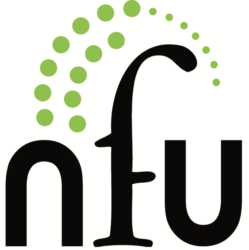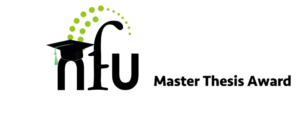Norwegian research institutions are invited to arrange the biennial NFU conference in late 2018 (Oct-Dec).
We encourage interested research communities and institutions to take on the responsibility to arrange the national NFU conference 2018 and write a short concept note (1-2 pages) on conference topic and potential sub-topics, by 10 December 2017 to the NFU board at styret@nfu.no. The NFU board will respond shortly thereafter. Call for working groups and papers could be circulated in in January-February 2018.
NFU will assist in planning and arranging the conference.
For enquiries, please contact styret@nfu.no, or NFU chair Erlend Eidsvik at erlend.eidsvik@hvl.no.
The last NFU conferences have focused on the following overarching topics:
2017 – Globalisation at the Crossroads. Rethinking Inequalities and Boundaries. Arranged by NFU, EADI, University of Bergen and CMI, Bergen 20-23 August 2017
2016 – Beyond North and South: Constructing Global Governance for the 21st Century. Organised by SUM – Centre for Development and the Environment, University of Oslo.
2015 – A Changing Global Development Agenda? ’Organised by School of Global Studies (SGS), University of Gothenburg, at the Conference Center Wallenberg in Gothenburg 5-6 November 2015.
2014 – On Whose Terms? Communication, Collaboration and Power in Development Research arranged at The Arctic University of Norway UiT in Tromsø,
1-2 October 2014.
2013 – Rethinking Responsibility in Development: Contested Relations between Citizens, States and Corporations co-organized with Nordic partners, held at the University of Helsinki, 12-13 February 2013.
2012 – Development for a Finite Planet: Grassroot Perspectives and Responses to Climate Change, Resources Extraction and Economic Development jointly organised by the Centre for International Climate and Environmental Research-Oslo (CICERO) and Noragric/Norwegian University of Life Sciences, held at CIENS, 26-27 November 2012.
2011 – Future of Development Research: Exploring the Nordic perspective(s)?, with sister Nordic Development Research Associations, institutions and organisations. Copenhagen Business School, 24-25 November 2011.
2010 – Rethinking crises. Vulnerability, Community and State in Development Research, MF Norwegian School of Theology, Diakonhjemmet University College, and Norwegian Institute for Urban and Regional Research, Oslo, 25-26 November 2010.
2009 – The New Global Setting: Development Challenges and Alternatives, University of Agder, Kristiansand, 23-24 November 2009.
For the full list since 1984, please see:
http://nfu.custompublish.com/

